Watching someone you care about struggle with addiction can be a heartbreaking and overwhelming experience. Whether it’s a family member, close friend, or partner, the impact of substance abuse reaches far beyond the individual, affecting relationships, work, and emotional well-being. Understanding how to help an addicted loved one is a critical first step in supporting their recovery and encouraging them to seek the help they need.
Understanding Substance Abuse and Addiction
Substance abuse can take many forms, including alcohol, prescription medications, and illicit drugs. Addiction doesn’t happen overnight; it often begins with casual or experimental use and gradually escalates into a full-blown dependency. Over time, the brain’s chemistry changes, leading to intense cravings and a loss of control over substance use.
Common Signs of Substance Abuse:
- Behavioral Changes: Increased secrecy, withdrawal from social activities, neglect of responsibilities, and sudden mood swings.
- Physical Symptoms: Bloodshot eyes, sudden weight loss or gain, poor hygiene, and unexplained injuries.
- Financial Problems: Unexplained spending, borrowing money, or missing valuables around the home.
- Emotional Instability: Increased irritability, anxiety, depression, or paranoia.
- Decline in Work or School Performance: Frequent absences, declining grades, or reduced productivity.
Recognizing these signs early can make a significant difference in getting your loved one the help they need before their addiction worsens.
Steps on How Help Your Addicted Loved One Struggling with Substance Use
If you suspect that someone you care about is struggling with substance abuse, it’s essential to approach the situation with compassion and understanding. Confronting addiction is challenging for both the person using substances and those who care about them. Here are some steps to take:
- Educate Yourself: Learn about the specific substance your loved one is using, its effects, and the potential dangers. Understanding addiction as a medical condition can help reduce feelings of anger or frustration.
- Communicate Openly and Without Judgment: Choose a time when your loved one is sober and calm to express your concerns. Use “I” statements to avoid sounding accusatory, like, “I’ve noticed you seem more withdrawn lately, and I’m worried about you.”
- Offer Support, Not Enabling: While it’s essential to offer emotional support, avoid enabling behaviors like covering for missed responsibilities or providing financial support that may fuel their addiction.
- Set Healthy Boundaries: Protect your own mental health by setting clear boundaries. Let your loved one know what you are and aren’t willing to tolerate in their behavior.
- Encourage Professional Help: Gently guide them toward seeking professional treatment, reassuring them that recovery is possible and support is available.
Why Treatment is the Best Option for Recovery
Addiction is a complex, chronic disease that typically requires professional treatment to overcome. While self-help and family support are essential, structured treatment programs offer the medical and psychological support necessary for lasting recovery. Here’s why professional treatment is often the best path forward:
- Comprehensive Medical Support: Treatment centers provide medical supervision for detoxification, reducing the risks associated with withdrawal and ensuring a safer recovery.
- Therapy and Counseling: Professional therapy helps individuals identify the root causes of their addiction and develop healthier coping strategies.
- Peer Support and Community: Group therapy and support networks reduce isolation and provide a sense of belonging, critical for long-term recovery.
- Life Skills Development: Treatment often includes life skills training to help individuals rebuild their lives and avoid relapse.
Why Choose Liberty House Recovery Center
At Liberty House Recovery Center, we understand that addiction doesn’t just affect the individual – it impacts families, friendships, and entire communities. Our comprehensive programs offer a path to recovery that includes medical detox, intensive therapy, and ongoing support tailored to each client’s needs. We believe in treating the whole person, addressing not just the physical aspects of addiction but also the emotional and psychological components that drive it.
With a compassionate team, evidence-based therapies, and a supportive community, Liberty House Recovery Center is here to guide you and your loved one through every step of the recovery journey.
Help an Addicted Loved One Overcome Substance Abuse with Liberty House Recovery Point
If you or someone you love is struggling with substance abuse, don’t wait to seek help. Contact Liberty House Recovery Center today to learn more about our personalized treatment programs and how we can support your family’s path to healing and lasting recovery. Call now to take the first step toward a brighter, healthier future.





